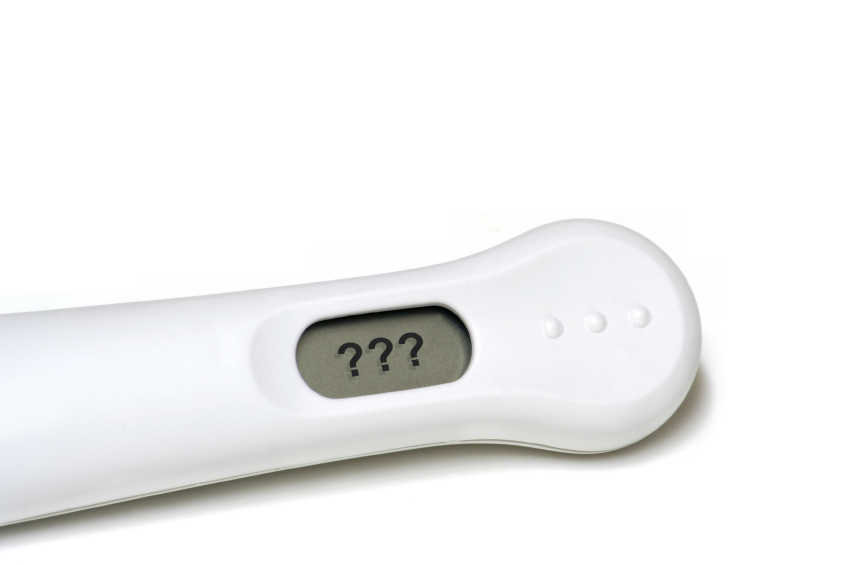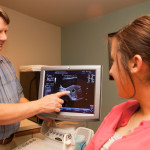How Early Can I Take A Pregnancy Test?
Gone are the days of waiting and waiting for a missed period to find out if you might be pregnant. There was a time, not so long ago, that women wouldn’t dream of taking a pregnancy test until they had missed at least one period. But thanks to technology and more affordable pregnant tests, there’s no need to wait for weeks to find out.
So how early can you take a pregnancy test? Well, before we answer that question, we want to give you some background on how the whole thing works. Well, maybe not the whole thing.
Ovulation and Conception
Let’s start with ovulation, the point where the egg is released from the ovary into the fallopian tube. This is the when we begin tracking the time until you can take a pregnancy test and get an accurate result. Once ovulation happens, you have approximately up to 24 hours for the egg to be fertilized. If a sperm cells is waiting in the Fallopian tube during this window of time, and it is able to penetrate the egg cell – conception!
The Journey to Implantation
After conception, the fertilized egg (now called an embryo – one of the stages of development in a baby) travels down the Fallopian tube and into the uterus where it will begin to implant into the uterine lining. According to most research, implantation occurs anywhere from 6-12 days after ovulation. Once this happens, the placenta begins to secrete hCG (human chorionic gonadotropin – that’s why we call it hCG).
What is hCG?
hCG is important because it is the hormone that pregnancy tests detect to determine if you are in fact pregnant. The average non-pregnant woman has less than 5mlU/ml of hCG present. However, in the first few weeks after implantation happens the amount of hCG that is secreted doubles every 48-72 hours. This means that a pregnant woman’s body has way more hCG than a non-pregnant woman’s body. So the way a pregnancy test works is to measure the amount of hCG present and if there is enough, you get a positive result.
So How Early Can I Take A Pregnancy Test?
Oh yeah, that’s what you really wanted to know. How early you can take a pregnancy test depends on the sensitivity of the test. There are pregnancy tests that are calibrated to detect different levels of hCG such as 20 mlU/ml, 50 mlU/ml, or 100 mlU/ml. The lower the number the earlier the test will provide an accurate result.
By 7 days post ovulation a pregnant woman can have up to 50 mlU/ml of hCG circulating in her blood. So we can assume that most, but not all, pregnant women will have enough hCG in their system by 7-10 days after ovulation to confirm a pregnancy with a highly sensitive test (20 mlU/ml).
It is important to remember that a test taken this early can come back with a false negative, meaning you get a negative result but you are actually pregnant. This can happen if you ovulated later than you thought, or if your hCG production is lower than average. If you decide to take a test as early as 7 and you get a negative result, we recommend you take another test a few days later to be sure.
We’re Here To Help
At the Pregnancy Resource Clinic we suggest you wait until 10 days after having intercourse before you come in for a free pregnancy test in order to make sure you get an accurate result. If you need an appointment for a test or have found out you’re pregnant and want to talk to someone, please contact us. We’re here because we believe you matter and we what to help.

















